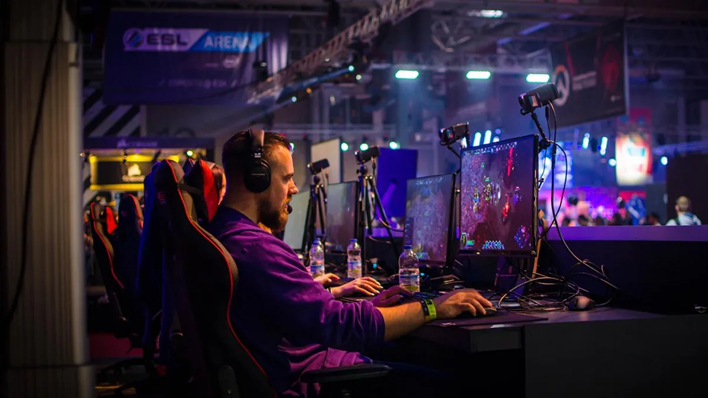There is an economy that is gaining in popularity and participation every year. It is the gaming economy that, unstoppable, passes through pandemics and international crises and comes out even stronger. Enough so to lead even external companies, such as the best-known streaming entertainment platforms, to become interested in the sector and take their first steps into it.
But who are these gamers and what do they look for in their gaming sessions? Let us start with a statistic reached by the trade association of the Italian video game industry IIDEA: 16.7 million people in our peninsula are gamers, about 38% of the entire population, as reported by Wired. A number that however contains a huge number of facets and different nuances, differing in age, gender, and preferences. 43% of gamers, for example, are women. For them, gaming is an opportunity to test their skills, an occasion for learning and personal improvement. Men, instead, play for passion and to share their experience with others and are more inclined to shared gaming and longer gaming sessions.
Then there are the differentiations by age. In contrast to what one is led to believe, gamers are not only the youngest, but a large segment is also represented by the 45-64 age group, the second highest in numerical terms: 3.8 million gamers belong to this generation. The baby boomers in gaming basically seek relaxation, even though for many of them it represents a point of contact with their children.
The younger generations are also those most attentive to storytelling and game mechanics. Excluding the boomers, the other user groups prefer games that they can get excited about because of the story behind the title’s narrative, but also because for the structure that is given to the gameplay mechanisms themselves. A system of increasing levels, also subdivided into small segments, in which each session is focused on the achievement of tests by which to gain a small step within a larger path.
It is a system that several online gaming providers, including gambling platforms, that design the gaming offer according to the gamification criteria and integrate various bonuses and rewards into the online casinos that are not limited to a single title, but involve the entire portfolio.
Looking deeper into the generational breakdown, we also find a clear preference for socialising. We are talking about Generation Z, who look to online gaming for fun, challenge and entertainment, but above all for a space in which they can socialise, as emerges from the data of this BVA Doxa study. The search for a community that is not only made up of friends and associates, but also of people you do not know and with whom you come into contact only by the common passion for digital gaming, and then develop a real human relationship.
Then there is the largest slice, under which all the others are also partially subsumed: mobile gamers, who account for 82.4 per cent: a figure that undisputedly dominates the entire sector. Technological advances and improvements in mobile devices and connections have led to a rapid rise in smartphone gaming, not only in Italy, but worldwide. In this case, the user is looking for instant entertainment, available without having to wait long minutes for a download, content optimised for small devices but still characterised by cutting-edge audio-visual systems and engaging graphics.
However, the gaming industry does not stop at the satisfaction shown by users. Rather, it draws inspiration from gamers’ tastes to develop new game verticals and to open up the market towards new horizons unexplored until now.
The game industry will adapt to the cultural changes that are also rapidly changing gamers’ needs. The industry will therefore also take into consideration games that were once looked upon as niche and develop games that explore in depth themes loved by the new generations, such as gender fluidity and mental health.
This is precisely the power of gaming. The skill to stay abreast of internal evolutions, to respond punctually to users’ needs in any respect. A strategy that has contributed to the worldwide success of a sector that seems – at least for the moment – unstoppable.















